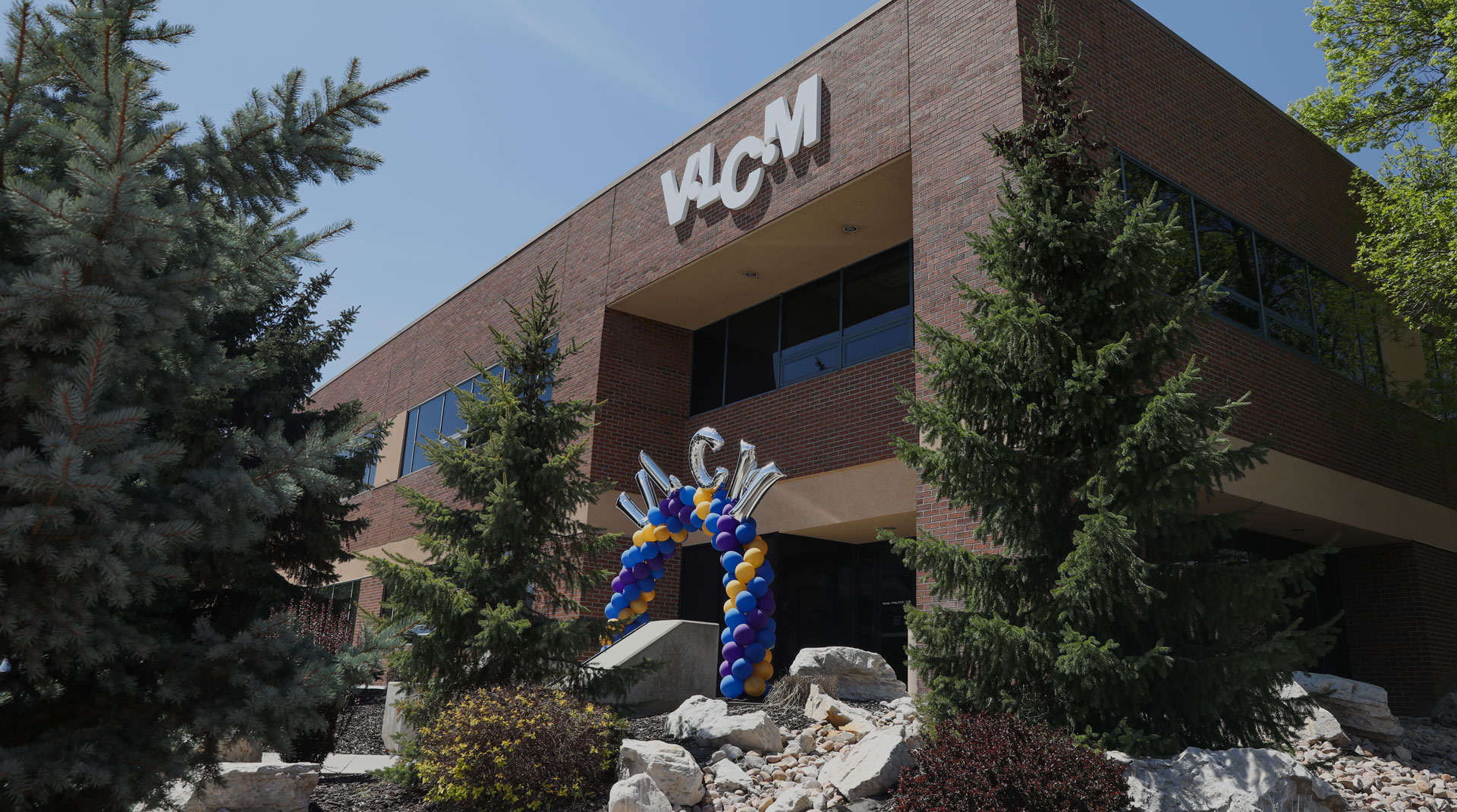
“We didn’t have anything”, says Jon Huntsman, Sr. about his childhood. His family struggled economically the entire time he was growing up. His father didn’t graduate college until he’d graduated from high school. As a teenager, he lived with his parents and two brothers in Stanford’s student housing while his father was in graduate school. He had to keep a job to help support the family. He and his family didn’t even pay for him to go to college—newspaper mogul Harold Zellerbach provided a scholarship for him to attend Wharton.
Besides economic struggles, his family also had health issues. His mother died of cancer in his arms. Huntsman’s father, step-mother, grandmother, and a brother all died as a result of cancer. He had four different types of cancer himself: prostate, mouth, melanoma, and squamous cell carcinoma.

Huntsman went from relative poverty to life as a businessman when he used money from a small side-business selling $1 music albums to start Huntsman Container Corporation. His first big cash flow came from creating Styrofoam containers for eggs before he turned 30. His second, famously, came from manufacturing the clamshell containers in which McDonald’s packages its Big Macs before his 40th birthday. Two years after the clamshells, in 1976, he sold Huntsman Container Corporation and started Huntsman Chemical Corporation. Today, the company is run by his son Peter, and brings in an annual revenue of $12 billion.
Even before the windfalls from his businesses, Huntsman and his wife Karen were dedicated to charity. He started donating while working as a naval officer in the 50s. He made $320 a month and donated $50 of it.
By the time he and his wife had made their first million, they had given away 25% of it. Huntsman has said he thinks the best thing a person can do once they’ve become successful is to help others do the same. He pays for over 5,000 college scholarships. He supports abused women and children, and donates to combat homelessness.
He is one of 19 living people who have donated more than $1 billion to charity, constituting more than 80% of his net worth. In fact, he was once listed in Forbes’s list of the 400 most wealthy Americans, but donated so much his name is no longer on that list. He’s said he wants to “die broke”, having given all his money away. He’s so committed to charity that he’s taken out loans just to donate money when business wasn’t great. Huntsman said, “The presidents of these banks just have a fit. They wonder why you’re borrowing money to give it away. I say it’s because I have made a commitment to give it away and the last people who can afford to have their money withdrawn are people who are already suffering. I’m not going to put these people in double jeopardy. I will honour every commitment I’ve ever made. One way or another, we’ve found out to pay back all the banks and keep our business going. If I had to sell my home, I would do it and sell anything I have to honour a commitment to charity.” Perhaps the thing most telling of his commitment to charity work is that he says he hasn’t even kept track of how much he’s donated from year to year. Estimates put it close to $2 billion.

By far the largest benefactor of Huntsman’s philanthropy has been cancer research. Just over two decades ago, a sizable donation to the University of Utah started Huntsman Cancer Institute, which is now the largest genetic cancer research center in the world. It offers the only Phase I clinical trials at a clinical facility anywhere between Denver and San Francisco. It’s researchers “have discovered more gene mutations responsible for inherited cancers than any other place in the world”. They have made major breakthroughs with prostate, breast, skin, and children’s cancers.
Huntsman Cancer Institute costs about $120 million each year to run, and he remains the single largest donor.
The suffering he experienced watching family members go through cancer, and the suffering he had to deal with while being treated for his own four cancers, have pushed him to a dedication to cure cancer entirely.
At the 20th anniversary of Huntsman Cancer Institute, he said, “We’re not going to stop until every type of cancer is eradicated from the face of the earth. That’s our mission.”

 0 Comments
0 Comments
